Former editor of The Spectator and Daily Telegraph Charles Moore is tipped to become chairman of the BBC. Despite being proactively encouraged to put himself forward for the job of director-general earlier this year, Moore made clear he would not be applying for the role. Firstly, he didn’t think he’d get it, writing in his Spectator notebook that he is ‘not a woman’ with ‘no plans to become one’ and ‘under the BBC’s diversity rules, uniformity of gender is required’. Secondly, the job didn’t appeal. He wrote‘bureaucracy is the enemy of creativity. The BBC can only be a bureaucracy.’
But with Lord Moore now poised to become head of the BBC board – which is responsible for maintaining the public broadcaster’s independence and staying on mission – Mr. Steerpike has flipped through his Spectator columns over the past few years, looking for hints of what changes Moore might make to Auntie if his role is confirmed.
No U-turn on licence fee for over-75s
Despite pressure mounting on the BBC to U-turn on its decision to end free TV licences for over-75s, Moore firmly believes this demographic should pay their dues:
‘Tough though the licence fee will be on this group when the BBC re-imposes it, it is (with exceptions that will be allowed for) perfectly justified. Old people are the biggest consumers of terrestrial television, so if we preserve the iniquitous system of the compulsory licence, they should pay it.’
It’s not simply about the principle of paying for what you consume, but also that the silver pound might lead to better representation for the elderly:
‘Although people over 75 will naturally be annoyed to have to pay their television licence fee once more — unless they are poor enough to qualify for pension credit — the decision will, in fact, empower them….so long as they were getting the services free, they had no power over their content. They have had to endure ever more abasement before the young, propaganda for women’s football, preaching about Greta Thunberg, and the removal of people of their age from the screen.’
A licence fee shake-up
That said, while Moore isn’t a fan of age-specific exceptions, he would like to see the licence fee tossed out all together. Opposed to it in principle and in practice, Moore referred to the licence fee as ‘the most regressive and most ruthlessly collected of all government imposts’. He has personally protested it as a mechanism to finance the BBC for years, famously refusing to pay it:
‘Tv licensing inspectors … noted down my answers as to whether I had a television (yes), a television licence (no) and whether I watched my television (yes). They noted my reason for refusing to pay my licence (that the BBC is in breach of its Charter by not sacking Jonathan Ross), and invited me to pay the fee after all. I declined.’
His first step might be to challenge how the licence fee is collected, stressing that it is currently ‘collected with a phenomenal ruthlessness, which, if it were not the BBC doing it, the BBC would itself expose. And we know that’s not going to last.’ Perhaps the appointment of Moore will see this prophecy fulfilled. In 2011 he claimed victory that he had won the ‘first battle’ in a ‘long war’ when the BBC Trust announced it would investigate the way in which the television licence fee is collected. As chairman of the BBC, he would be well positioned to win some more.
An overhaul of quotas
In 2018 the BBC launched its ’50:50 project’ in a bid to include more female experts onto its programmes. That summer, Moore wrote in his Spectator notebook that a new female-anchored comedy show on BBC Radio 4 felt patronising rather than good-humoured, implying the quota element undermined women’s ability to fill those roles on their own talent:
‘What did make me laugh was the underlying thought behind the programme: ‘Look!’ it seemed to say: ‘This proves that women can be just as rude (see our risqué title) as men, and even though they’re women, they can anchor a show all by themselves and have only women on it! And it can be an intelligent show too!’
A crackdown on bias
One of Moore’s biggest axes to grind with the BBC is its interpretation of what’s neutral. DescribingBBC Reality Check as a ‘piece of hubris’, Moore thinks bias at the BBC runs deep. Not one to mask his opinions, he has spoken out about bias on programmes like BBC Question Time on the show itself. He’s also taken pen to paper for the Spectator to describe how he thinks the ‘thought police’ control the narrative at the BBC:
‘It would take at least four weeks — possibly four years — to train its staff out of unconscious bias on Brexit, Christianity, the sex war, paedophile accusations, immigration, Israel, Trump, abortion, global warming and so on. They have to learn not to call the thought police as soon as any person or topic they suspect of being right-wing enters the studio.’
Given that Moore has even taken issue with the BBC’s weather reporting, it seems very little would be off limits if he is offered – and takes – the opportunity to reform the public broadcaster.
Got something to add? Join the discussion and comment below.
Get 10 issues for just $10
Subscribe to The Spectator Australia today for the next 10 magazine issues, plus full online access, for just $10.


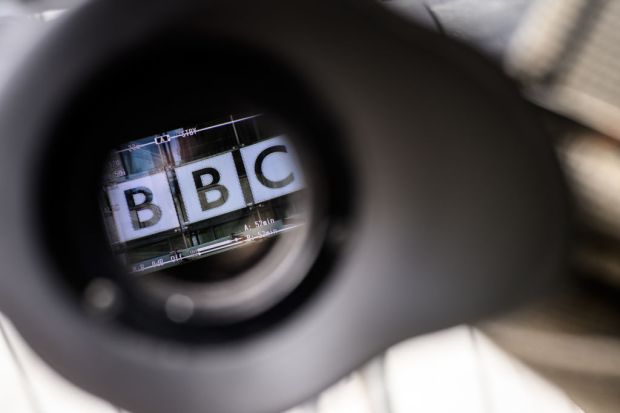
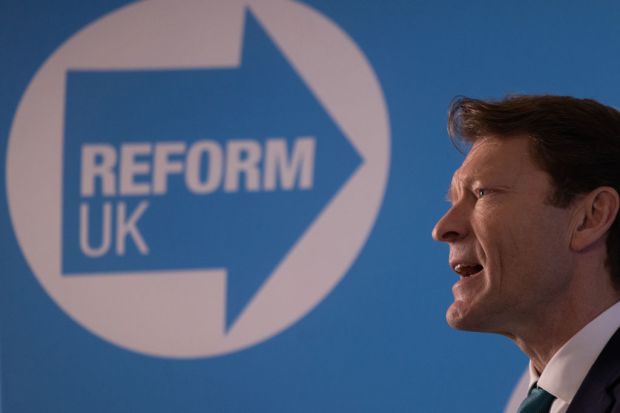
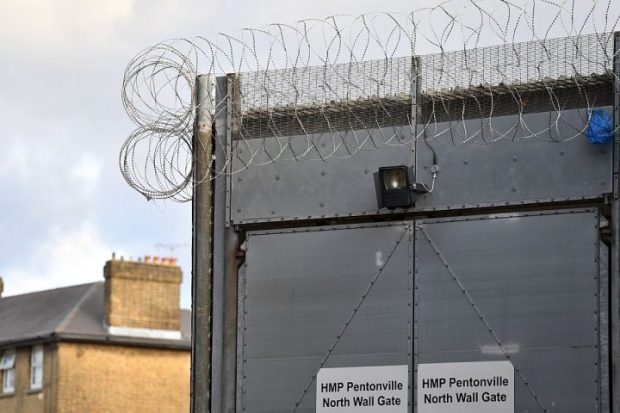
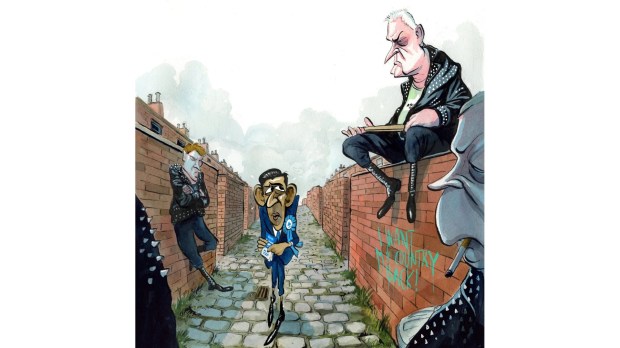

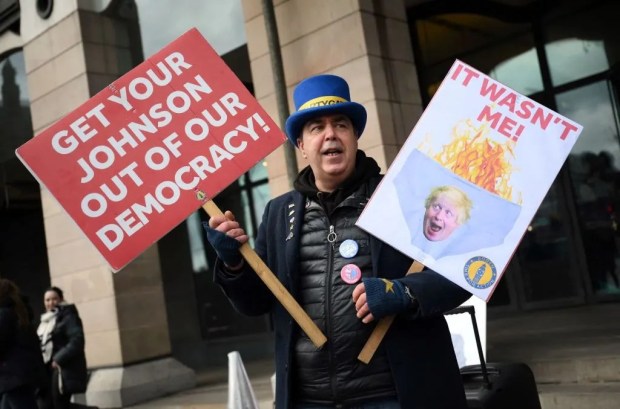












Comments
Don't miss out
Join the conversation with other Spectator Australia readers. Subscribe to leave a comment.
SUBSCRIBEAlready a subscriber? Log in